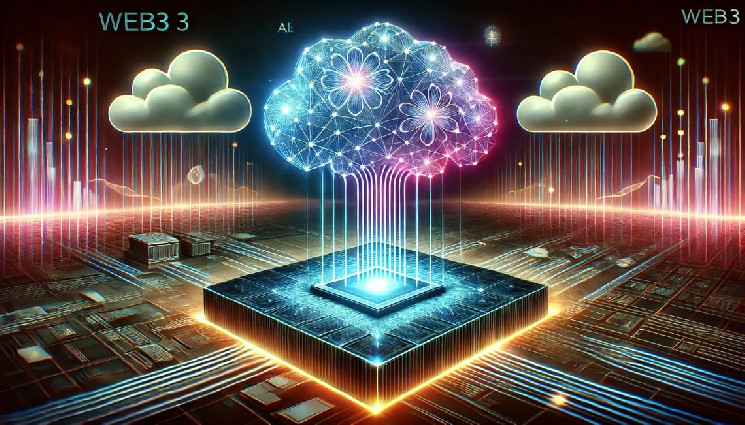The article discusses the vulnerabilities of centralized networks and the increasing need for a transition to Web3. Centralized networks, managed by a single entity, are prone to cyber attacks and have resulted in significant damages. Breaches in both private and government sectors have highlighted the risks of centralization. The rise of artificial intelligence also requires secure access to sensitive data, which is currently met by cloud platforms. However, this model presents challenges in terms of privacy, security, and transparency. The transition to Web3, particularly through platforms like BOCC, offers a more secure and transparent alternative. BOCC platforms combine blockchain technologies with reserved hardware to address the limitations of traditional cloud models. Web3 not only benefits the artificial intelligence sector, but can also enhance the security and decentralization of critical infrastructures such as electrical grids and digital voting systems. Overall, Web3 represents a cultural transformation in data management, offering unprecedented security and redefining interactions with the cloud and artificial intelligence.
 Content Editor
( en.cryptonomist.ch )
Content Editor
( en.cryptonomist.ch )
- 2025-01-02
The web3 and the blockchain: new frontiers for AI in the cloud

 Esponel (es)
Esponel (es) Türkçe (tr)
Türkçe (tr) Russian (ru)
Russian (ru) 한국인 (kr)
한국인 (kr) Italiano (it)
Italiano (it) हिंदी (in)
हिंदी (in) عربي (ar)
عربي (ar) Français (fr)
Français (fr) Deutsch (de)
Deutsch (de) 日本 (jp)
日本 (jp) 中国人 (cn)
中国人 (cn)